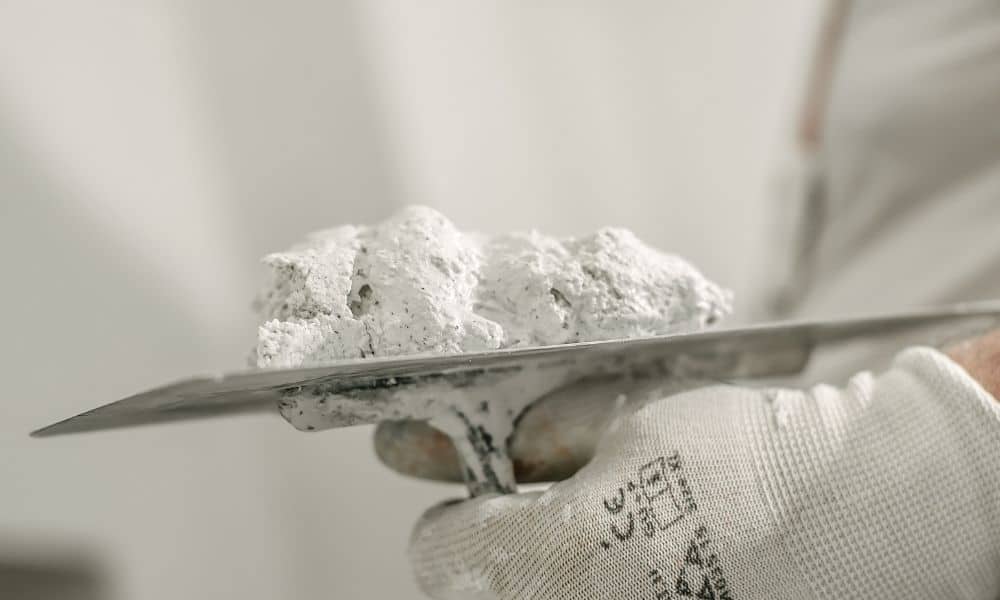When it comes to mixing cement, the type of lime you use can greatly impact the strength and durability of your final product. In this article, we will explore the different types of lime and their properties, as well as provide recommendations for which lime to use in various cement applications.
First, it is important to understand the different types of lime. There are three main types: hydrated lime, quicklime, and dolomitic lime. Hydrated lime is created by adding water to quicklime, while dolomitic lime is made from dolomite rock.
Hydrated lime is the most commonly used type of lime in cement mixtures. It is known for its plasticity, which makes it easier to work with and shape. It also has a high water retention capacity, which helps to prevent cracking and shrinkage in the final product. Hydrated lime is ideal for use in mortar and plaster, as well as in concrete for non-structural applications.
Quicklime, on the other hand, is not recommended for use in cement mixtures due to its highly reactive nature. It can cause rapid setting and shrinkage, leading to cracks and weakened structures. However, quicklime can be used in soil stabilization and as a flux in steel production.
Dolomitic lime is a blend of calcium and magnesium carbonates, and is often used in soil stabilization and agricultural applications. While it can be used in cement mixtures, it is not as commonly used as hydrated lime due to its lower plasticity and water retention capacity.
So, what lime should you use in your cement mixture? It ultimately depends on the specific application and desired outcome. For general use in mortar and plaster, hydrated lime is the best choice. However, if you are working with a specific type of cement or have unique requirements, it is best to consult with a professional to determine the best lime to use.
In conclusion, the type of lime you use in your cement mixture can greatly impact the strength and durability of your final product. Hydrated lime is the most commonly used type of lime in cement mixtures, but it is important to consider the specific application and desired outcome when selecting a lime. By understanding the properties of different types of lime, you can ensure that your cement mixture is strong, durable, and long-lasting.


